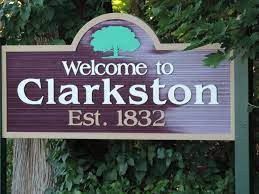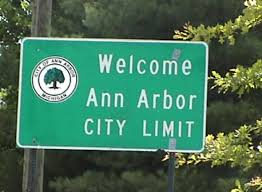
Whole house water filtration systems will address water quality issues experienced in Rochester, Michigan. Selecting the right technology and sizing the system to meet water usage demands are key. Proper maintenance to optimize the useful life and proper functioning of your new equipment is also important.
It is necessary to start with a water test to identify the minerals or contaminants in the water and at what quantities they exist. This will lead to the best solution and route to providing you with excellent water quality.
WATER SOFTENERS
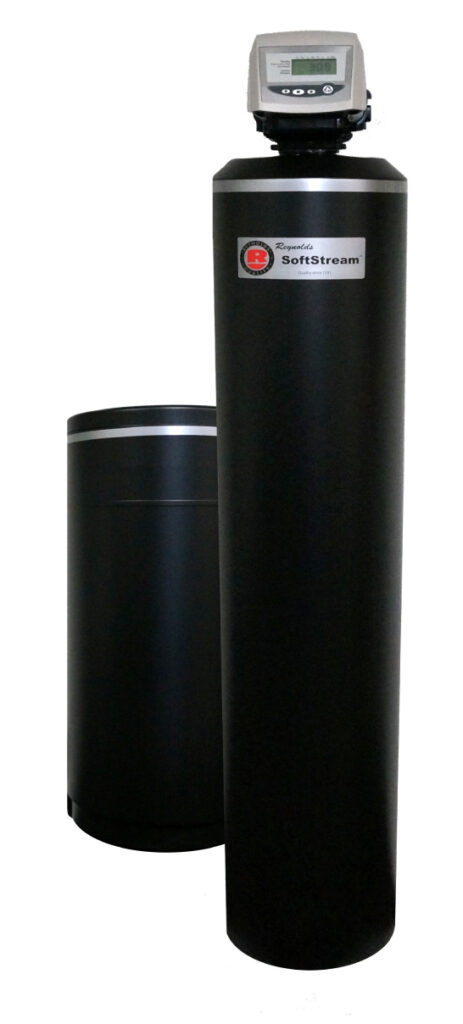
High Efficiency Water Softener
A water softener is a type of whole house water filtration system that is designed for removing hard water minerals (magnesium & calcium). It will also remove dissolved iron and manganese from the water. Furthermore, for water with high levels of iron or manganese (“the stainers”), an “up-flow” water softener is recommended. This will prevent mineral build-up in the bottom of the water softener. Importantly, high efficiency water softeners that are more efficient with both water and salt usage are preferred. For more on hard water, see the link at https://www.energy.gov/enrgysavr/understanding-hard-water.
Additionally, there are many other types of systems to remove bad tastes & odors, sediment and many other objectionable minerals and contaminants in the water. Starting with a water test will lead to the right approach.
REVERSE OSMOSIS PURIFICATION
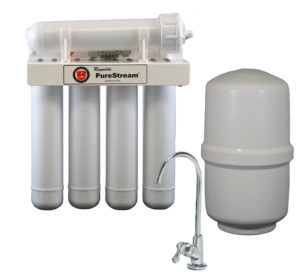
Drinking Water Purification
Reverse osmosis drinking water systems include membrane separation, activated carbon adsorption and micro filtration. As a result, this effectively reduces the entire spectrum of contaminants that can be found in drinking water. For more on this, see the link at https://reverse-osmosis-drinking-water-systems.
WHOLE HOUSE WATER FILTRATION – Ultraviolet light disinfection systems
Ultraviolet disinfection systems will remove waterborne pathogenic organisms which can cause illness or contaminate production processes. Importantly, they kill bacteria, viruses and other pathogens by preventing them from reproducing. The result? Safe drinking water.
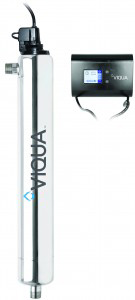
ARSENIC IN WATER REMOVAL
Arsenic in water can be removed at the home’s point of entry. Accordingly, tanks are filled with specific resin that captures the arsenic before it can get into the home’s water supply. Additionally, point of use systems for drinking water can use reverse osmosis technology to effectively remove arsenic as well. Furthermore, for more information, see the link at https://www.clearStream-arsenic-removal-system. Meanwhile, speaking to a water treatment professional will help you decide which system is right for you.
BAD ODORS & TASTE
Some common water quality issues include rotten egg smell, chlorine taste & smell, metallic taste & smell, petrochemical smell and others. However, carbon filtration and other methods are effective in eliminating these problem
For a link to the Rochester, MI annual water quality report, go to https://www.ci.rochester.mi.us/234/Water-Quality-Report.

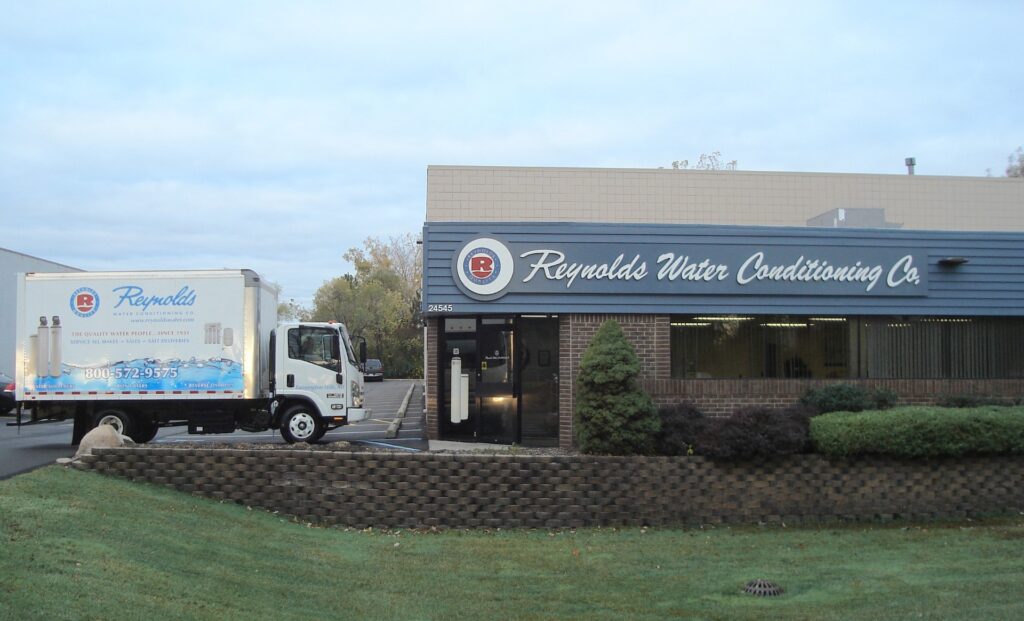
Reynolds Water Conditioning has been installing and servicing water softening and filtration systems since 1931. Each system is tailored to meet the specific needs of each home or business owner. To reach us, call 800-572-9575 or email us at greatwater@reynoldswater.com.


